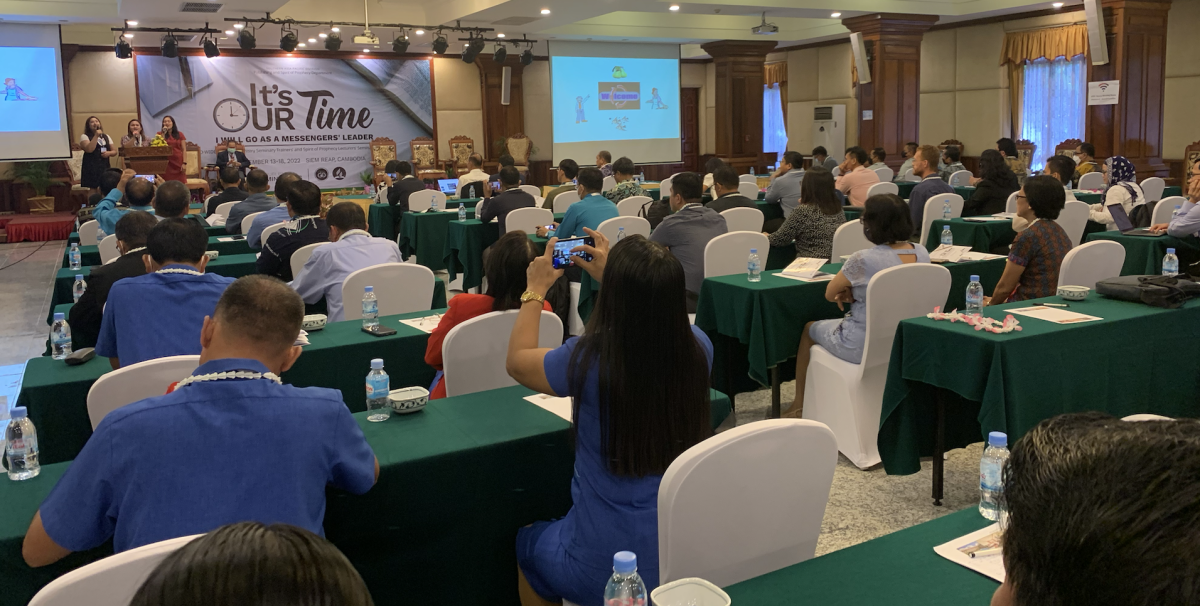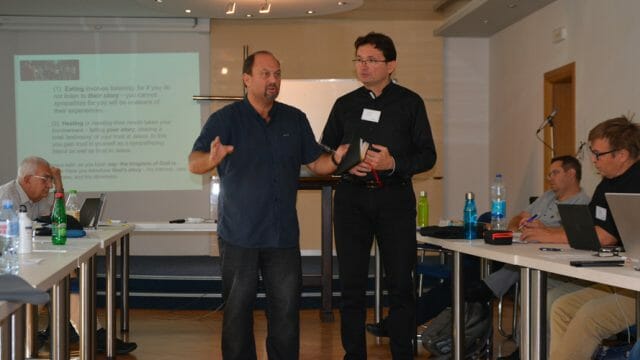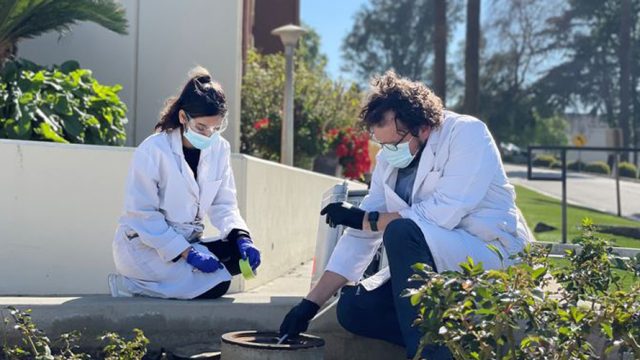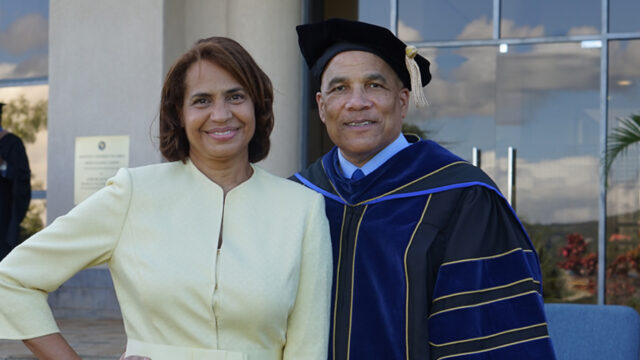Gathering for Southern Asia-Pacific Division coordinators focused on ministries’ role and scope.

Literature Ministry Seminary trainers and Spirit of Prophecy lecturers recently gathered in Siem Reap, Cambodia, for a four-day seminar to revisit the church’s biblical foundations regarding publishing and Spirit of Prophecy ministries. The event sought to strengthen delegates and remind them about establishing the Seventh-day Adventist faith and work in the Scriptures through those two important ministries, organizers said.
Distinguished guests from the Southern Asia-Pacific Division and the Adventist International Institute of Advanced Studies attended the event. They served as resource speakers for timely topics and updates on the Literature Ministry Seminary and Spirit of Prophecy work.
With a theme, “It’s our time: I Will Go as a messenger’s leader,” the seminar set the tone of the meeting to rethink concepts and adapt the publishing ministry to the kind of landscape the world is facing now. “The landscape in this generation has changed, and we need to adapt and find a way to penetrate and share Jesus,” Howard Faigao, former publishing director of the General Conference of the Adventist Church, said. “Our landscape might be different, but our mission is still the same,” he added.
Trainers and lecturers reviewed the Literature Ministry Seminary guidelines, strategies, and purpose. The meeting also purposed to understand the Spirit of Prophecy Coordinator’s organizational setup and that person’s role in the church’s worldwide mission.
One of the strategies shared in conducting training for recruits to become literature evangelists was elaborated by Vivencio Bermudez, following the LEARN strategy, which stands for Literature Evangelism, Awareness, Revival, and Nurture. According to Bermudez, the “LEARN strategy is one of the appropriate and effective ways to teach and impart the literature evangelistic process to the local church.” It is a program designed to inspire publishing leaders to present the importance of the literature ministry according to the Bible and Spirit of Prophecy.
“The LEARN Training’s objective is to make church members aware of the importance of the literature ministry in God’s plan, and thus experience revival and reformation,” Bermudez said. “It is our objective to enrich the church with the knowledge of God’s ways in using the printed page in the Old Testament, New Testament, and finally in the end time,” he added.
Presentations from the Ellen G. White Estate from its branch office in the Adventist International Institute of Advanced Studies (AIIAS) shared enlightening thoughts about the Spirit of Prophecy Coordinator’s role in the church, and valuable insights about Ellen White’s ministry during her life.
Discussions of the topic revolved around three points, including the misuse of Ellen White’s writings and individuals highlighting the Spirit of Prophecy over the Scriptures, the necessity to educate and equip leaders and members of the church, and the establishment of a deeper biblical foundation.
Bryan Tolentino, associate director of the White Estate office in the Philippines, shared a clear definition of Ellen White’s ministry and how it lifted the Bible as the primary source of knowledge. It is a definition that every minister and church member should uphold, he said.
“Ellen White is part of the fulfillment of the Spirit of Prophecy written in the book of Revelation but not ‘the’ Spirit of Prophecy,” Tolentino emphasized. “It is important that we uphold the Holy Scriptures with the support of the Spirit of Prophecy,” he said.
The discussion was further reinforced by White Estate regional director Reuel Almocera. He encouraged leaders to use the Spirit of Prophecy to lead people to the ultimate source of wisdom, which is the Bible.
“The Holy Bible is God’s message to His people conveyed through the Holy Spirit interpreted through His chosen prophets,” Almocera said. “The Bible is second to none and should be a Book dear to us as we desire to have a deeper connection with God.”
The meeting was concluded with a collection of testimonies and experiences from Faigao’s life. He reiterated that personal life stories enable us to comprehend God’s intervention. He reviewed the story of the Good Samaritan, who promised to pay the innkeeper and extended help to the injured man, and related it to today’s respective ministries. “We may have been called to serve in different capacities and roles, but our responsibility is not greater than anyone [else],” Faigao said. “[Jesus] called us to serve for one mission, one purpose, and when He returns, just like the Good Samaritan, He will pay for all our sacrifices and [we will] experience His salvation.”
The original version of this story was posted by the Southern Asia-Pacific Division news site.









